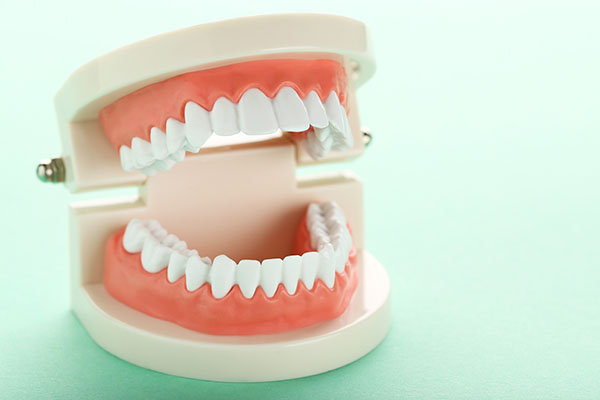 Understanding what causes bleeding gums is vital for preventing this common condition and promoting proper oral hygiene. Dentists can make recommendations to help patients maintain healthy gums and avoid widespread health and oral complications.
Understanding what causes bleeding gums is vital for preventing this common condition and promoting proper oral hygiene. Dentists can make recommendations to help patients maintain healthy gums and avoid widespread health and oral complications.
Why do gums bleed?
People frequently dismiss gum bleeding as a normal consequence of overly aggressive brushing or flossing. Using a toothbrush with stiff bristles might cause gums to bleed. However, these issues may be due to other problems that require immediate attention:
- Medication side effects
- Pregnancy hormone fluctuations
- Cancer complications
- Diet insufficiencies
- Auto-immune disease complications
As well, an accumulation of plaque (a sticky film of bacteria) on the teeth can cause gingivitis, which is commonly associated with gums that bleed.
How can bleeding gums be prevented?
Systemic issues that cause gum bleeding may warrant various treatments to effectively improve oral health. Dentists can recommend practical oral hygiene tips to prevent gum problems for otherwise healthy patients.
Daily brushing
Brushing twice per day using a soft-bristled toothbrush is essential for maintaining healthy teeth and gums. Using light, small circular motions near the gumline stimulates healthy blood flow and removes plaque before it hardens and progresses.
Daily flossing
Dentists recommend flossing once per day to loosen plaque and food particles beneath the gums. Wrapping the floss around a tooth's base, near the gum line, and sliding it up and down along the tooth's sides loosens plaque. Care is necessary to avoid pressing the floss hard against the gums. Doing so can cause minor cuts that can lead to bleeding.
Quitting smoking
Smokers' mouths can breed harmful bacteria that promote oral disease and discomfort, including bleeding gums. Nicotine decreases blood oxygen levels, preventing the adequate healing of gums compromised by bacteria and plaque. Dentists advise patients against starting to smoke and encourage existing smokers to curtail the habit.
Eating a healthy diet
A balanced diet can significantly benefit overall health and promote healing from gingivitis or periodontal disease. A diet heavy in fruits, vegetables, nuts, or fish provides beneficial antioxidants that reduce free radicals causing inflammation. Foods containing vitamins A, C, and E can also help patients avoid gum disease complications.
Reducing sugar
Patients who refrain from consuming excessive amounts of sugar can enjoy numerous health benefits and avoid significant gum problems. Sugar or starchy foods that form sugars feed oral bacteria, leading to plaque and gingivitis and promoting bleeding gums. Eliminating sugar and reducing foods that disturb the oral microbiome is an excellent way to maintain healthy gums.
Scheduling routine dental cleanings
Patients who visit a dentist every six months for professional dental cleanings can avoid the consequences of harmful plaque and tartar, including gums that bleed. Professional cleanings can efficiently remove these stubborn and damaging substances and help patients' home-care between visits be more effective. Individuals who routinely undergo professional dental cleanings tend to have healthier gums that rarely bleed.
Conclusion
Bleeding gums can be alarming, but ignoring them can lead to long-range complications. Dentists can recommend helpful oral hygiene tips to assist patients with preventing or reversing this common progressive gum condition.
Request an appointment or call Dr. Call Dental Center at 706-425-6240 for an appointment in our Dalton office.
Related Posts
Gum disease is one of the most common oral health issues dentists encounter in patients of all ages. It can range from mild gum irritation to severe conditions that affect the tissues and bones supporting your teeth. The root cause of gum disease is typically the accumulation of plaque on the teeth and gums. Understanding…
Many people think it is a normal part of an oral care routine, but dentists warn that bleeding gums are a sign something is wrong. When you brush and floss your teeth, sometimes you may see a little blood coming from your gums. In most cases, bleeding gums are a sign that you may have…
There are many reasons why bleeding gums may occur. If it only happens once in a while, it is typically not cause for concern. Gums can bleed because of brushing or flossing that is overly vigorous. If bleeding is an ongoing occurrence, however, there may be an underlying medical or dental condition causing it. The…


